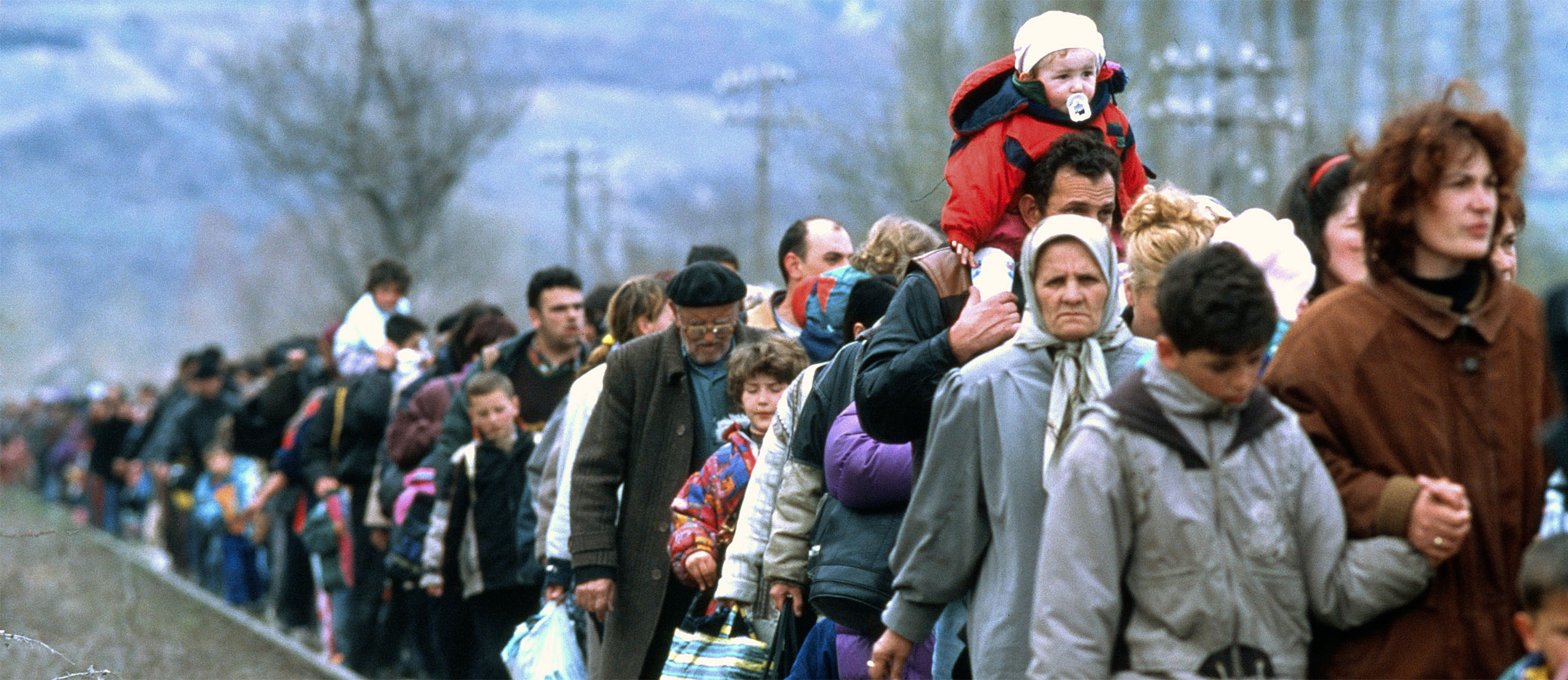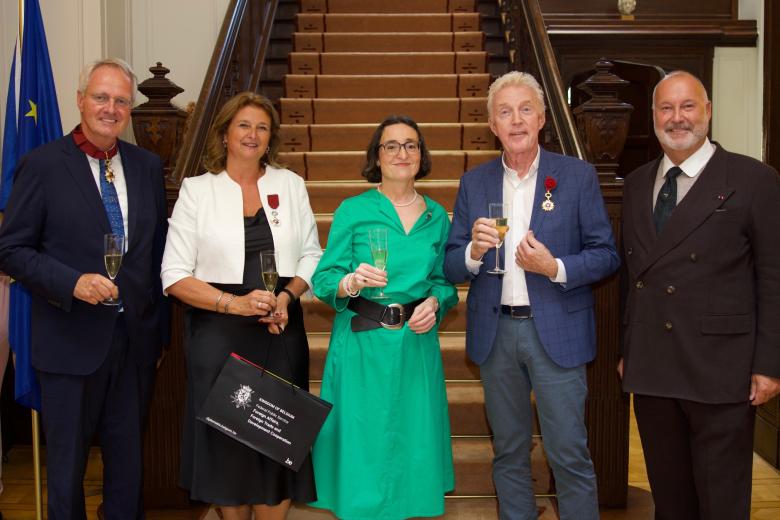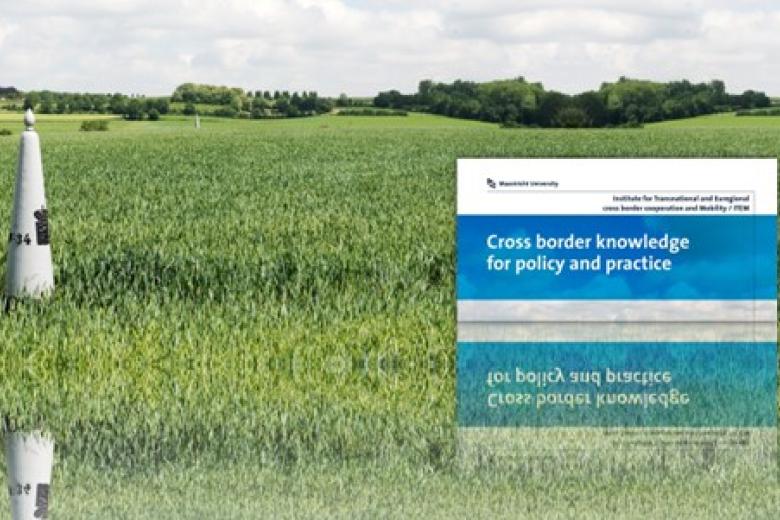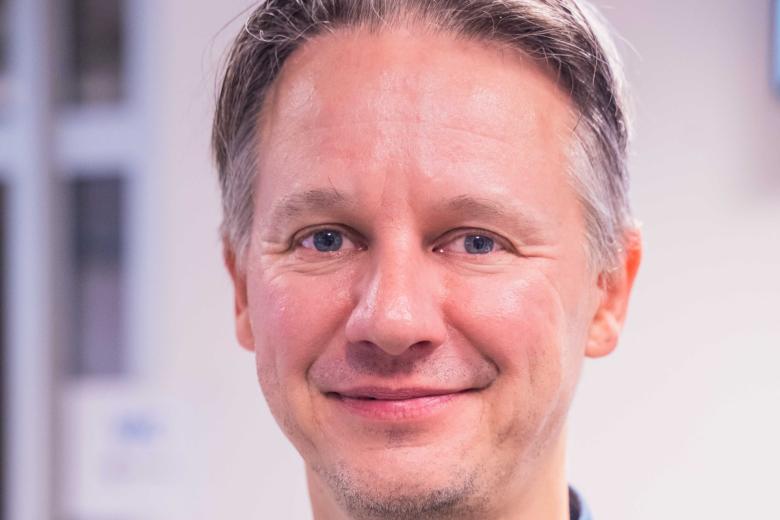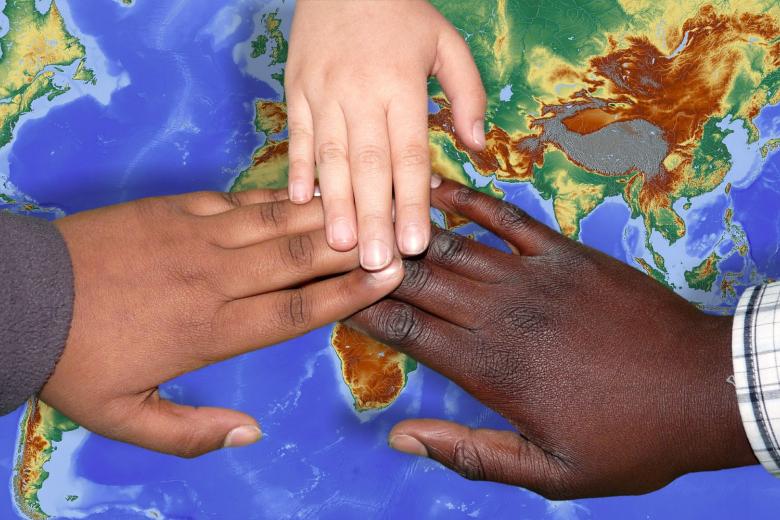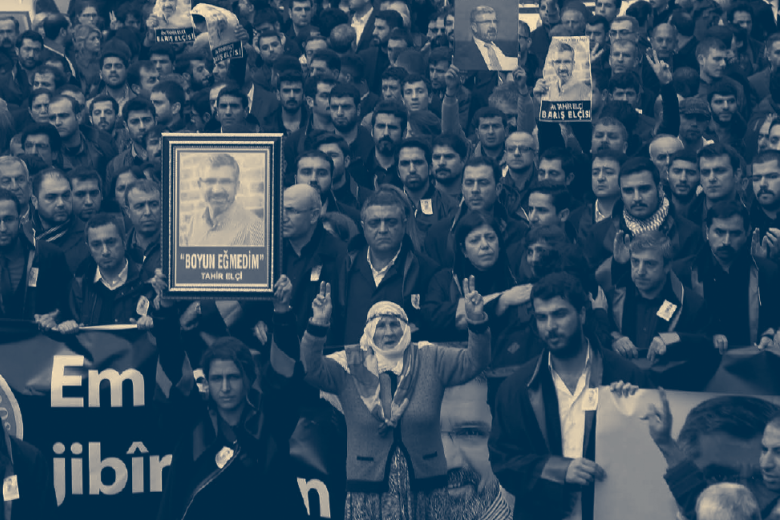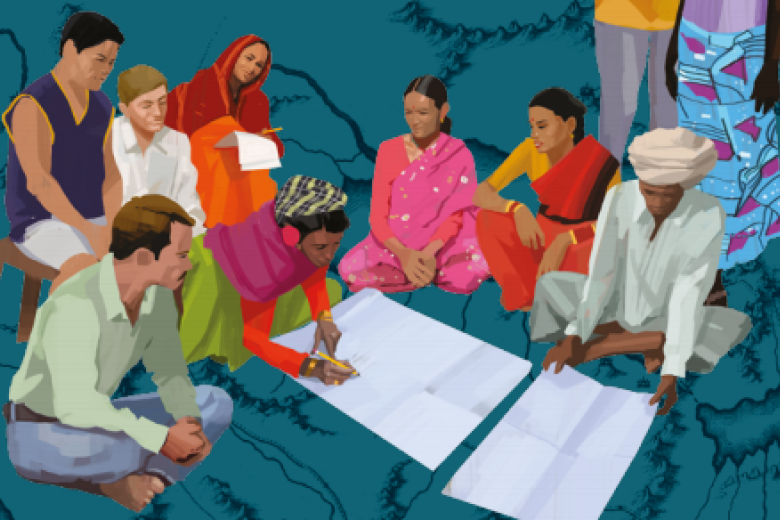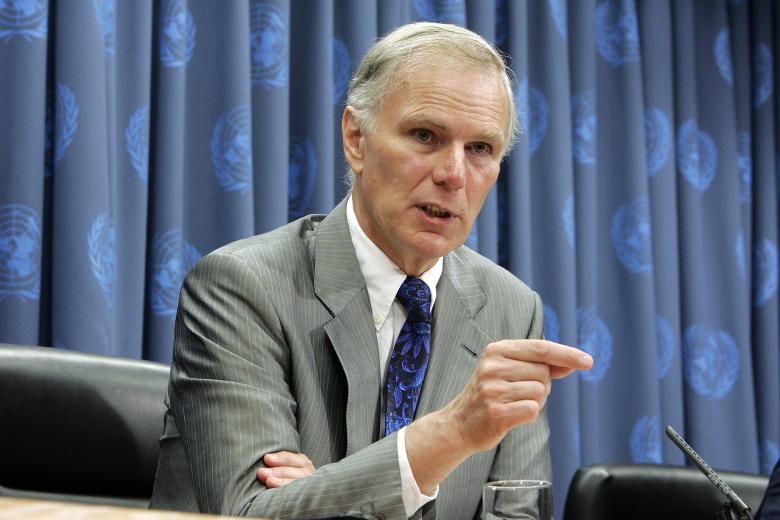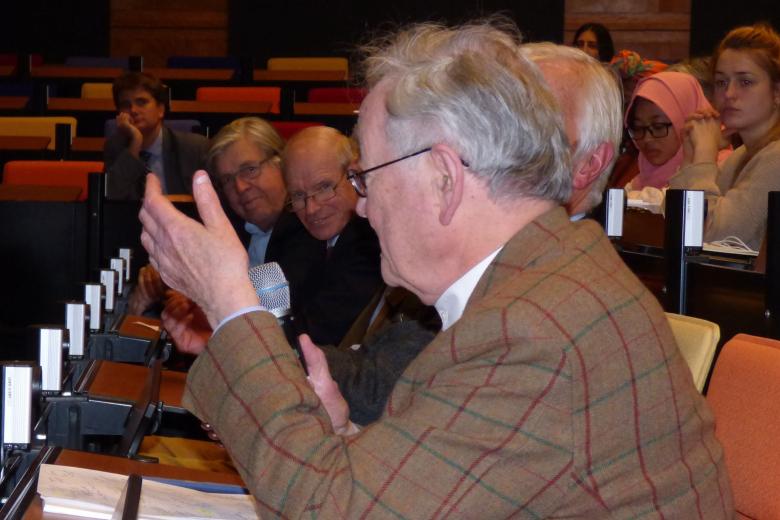Maastricht Centre for Human Rights
The Maastricht Centre for Human Rights brings together researchers with different disciplinary backgrounds from law and other academic fields, to conduct cutting edge human rights research. The Centre focuses on research themes that contribute to a fair and equitable society, and that raise fundamental questions about human rights. Human rights research carried out within the Centre takes a normative approach, reflecting an integrated view of both economic, social and cultural rights, as well as civil and political rights. Research conducted by Centre members incorporates doctrinal and applied methodologies, and is sometimes interdisciplinary in nature. The main focus of the Centre’s research lies in the legal field (including public international law and criminal law), but this research is combined with research from the social sciences (including criminology, political science, international relations) and at times philosophy and history (the humanities). Currently the Centre focuses on the following three areas of research.
Regional human rights systems and comparative human rights law
The members of the Maastricht Centre for Human Rights share a strong interest in comparative research and the examination of human rights issues arising in domestic, regional and international legal systems. This interest is reflected in the Centre’s research, which explores the intersections between jurisprudential developments emerging from various national and supranational courts as well as bodies involved in interpreting and implementing human rights norms.
Human rights, non-discrimination and inclusion
The theme ‘’human rights, non-discrimination and inclusion’’ brings together research on groups or individuals suffering from unjustifiable differential treatment and ingrained patterns of discrimination in society. Members investigate how legal rules and instruments can be used to address political, economic, criminal, environmental and social challenges by promoting equality and inclusion in society. Some of the research under this theme also tends to be comparative in nature, focusing on the integration and interaction between different legal orders operating at the national, supranational (European Union) and international levels.
Human rights, conflict and transitional justice
The perpetration of international crimes, such as genocide, crimes against humanity, war crimes and aggression usually cause extensive harm to individuals, communities and societies more broadly. Such crimes have occurred in different parts of the world since time immemorial, and they are likely to reoccur. Therefore, research on the relations and interplay between human rights, conflict and transitional justice (i.e., the full range of processes and mechanisms associated with society’s attempts to come to terms with a legacy of large-scale past abuses) is crucial to achieving accountability, promoting reconciliation and preventing future harm.

MCfHR’s research mainly takes place
in the following Faculty research stream:
1. Values
Let's talk human rights
Human rights issues affect us all. But sometimes there can be an unfortunate disconnect between the human rights research that goes on in universities, and the rest of the world. Let’s Talk Human Rights is a video and podcast series which aims to bridge that gap. We interview human rights experts at one of the primary hubs of human rights research in the Netherlands, the Maastricht Centre for Human Rights, in order to open a window to show what is actually happening in human rights research today. We discuss pressing issues, from human rights and social media to the rights of disabled persons.
We also talk to the researchers about themselves, their projects, and their research journey. Focusing mainly on early career researchers, we cast a light not only on human rights law and how it works, but also on what it means to be a human rights researcher.
Read more about our Let's Talk Human Rights initiative
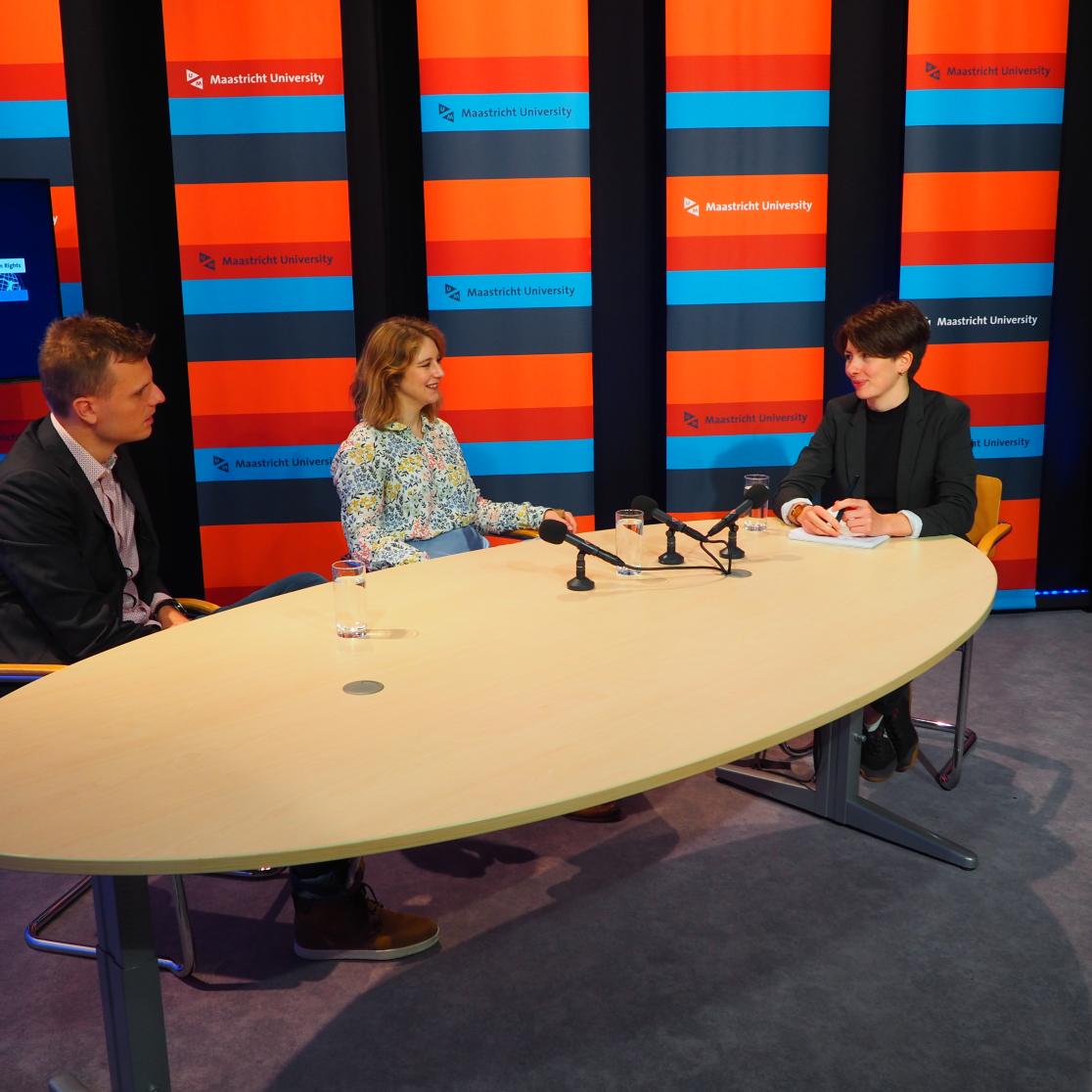
You can find our episodes on
News
Blogs
Events
Maastricht Centre for Human Rights introduction
This short introduction tells about the interdisciplinary character of the centre for human rights.
Maastricht Centre for Human Rights past events
Read about the Maastricht Centre for Human Rights past key events:
- Human Rights beyond borders conference
- 30 years Limburg principles and migrationy
- Theo van Boven lecture 2016
The Subversives
Documentary about the life of one of the most important advocates of human rights. Theo van Boven, a former Director of the United Nations Division of Human Rights (1977-1982), was among the first to defend international human rights responsibilities with courage and openness. He came face-to-face with some of the most repressive regimes of the 20th century. This documentary details the dramatic journey of Theo van Boven and his team, and their struggle to bring justice and change to the UN.
Video: Trailer for The Subversives, a documentary about van Theo van Boven's time at the UN.
